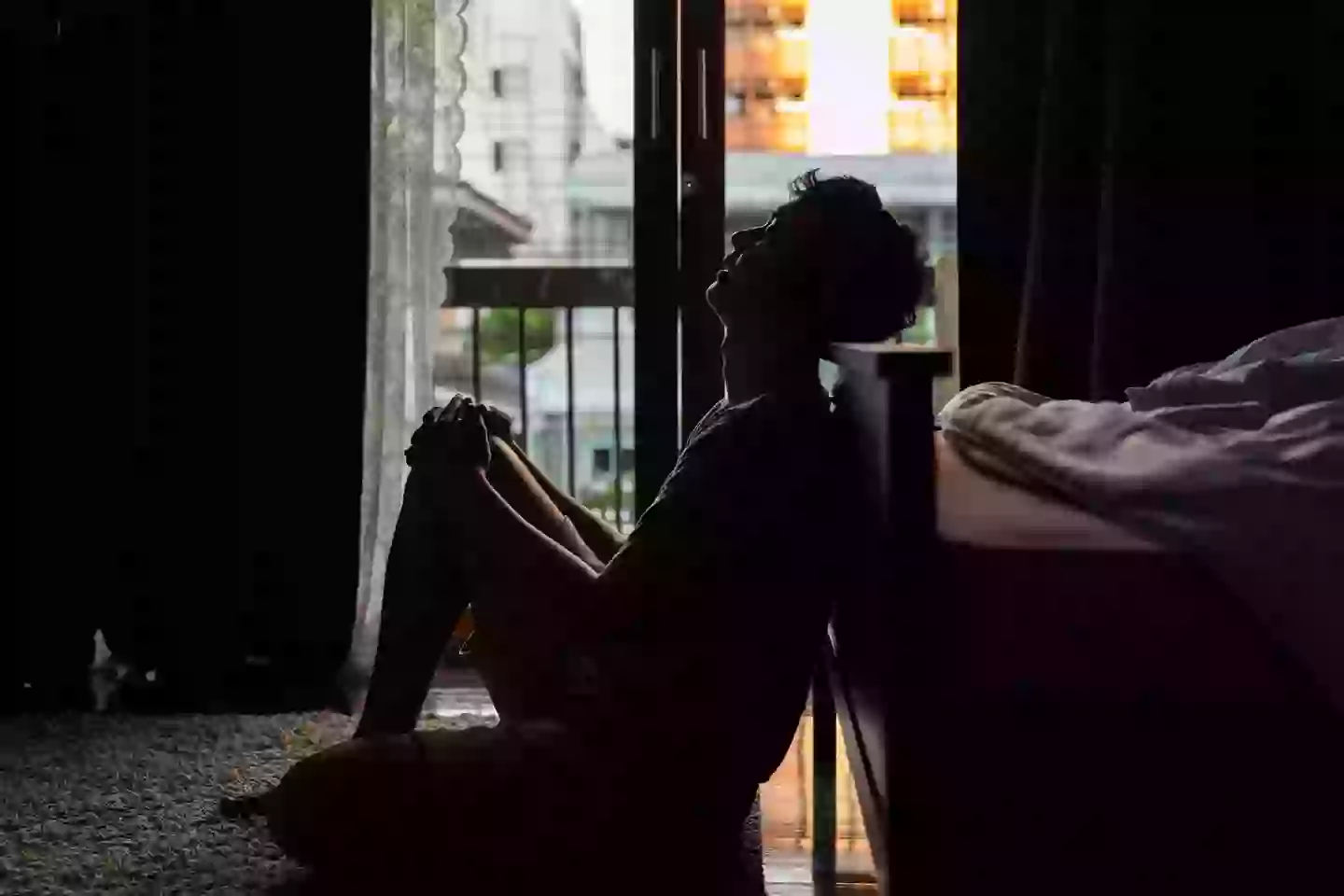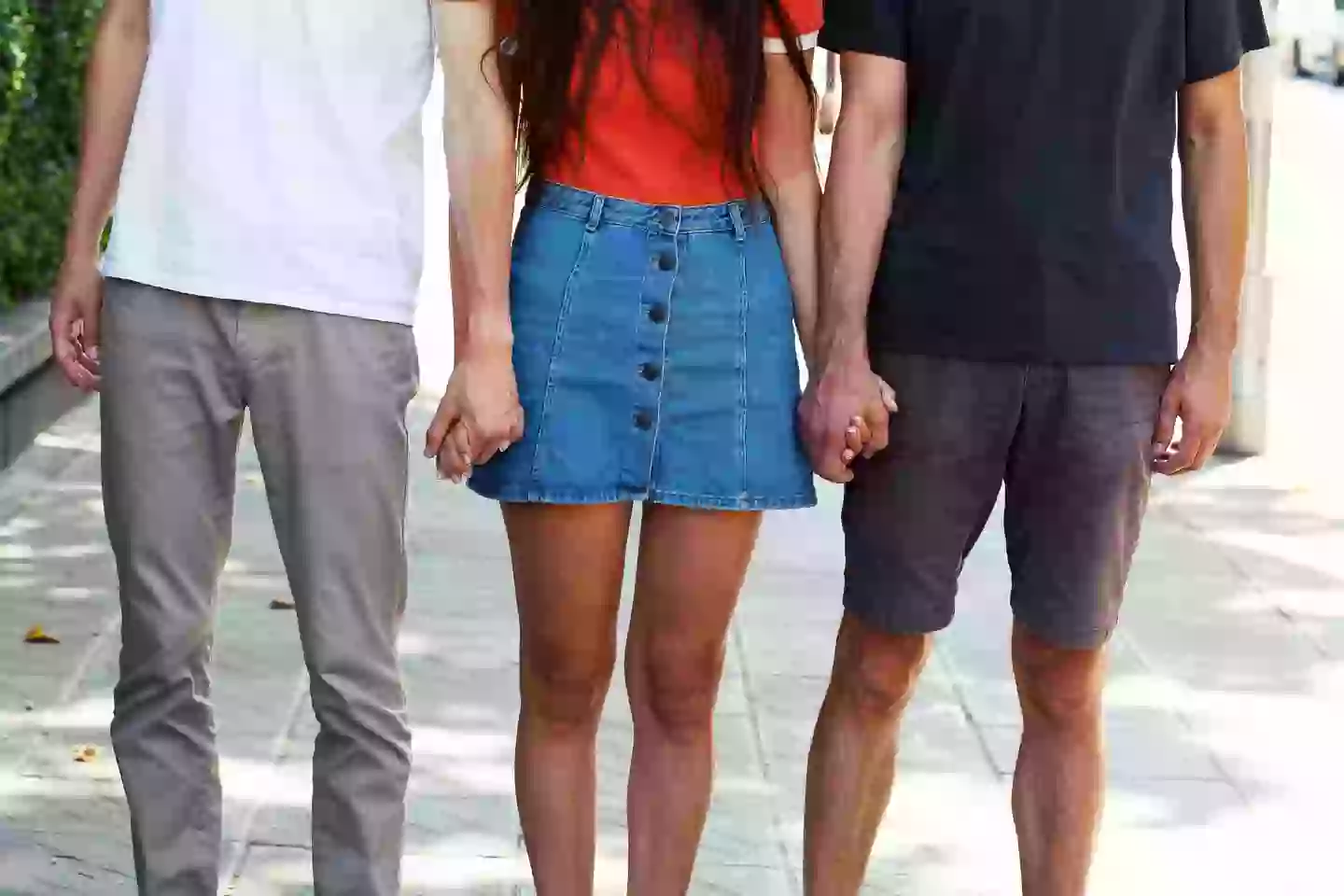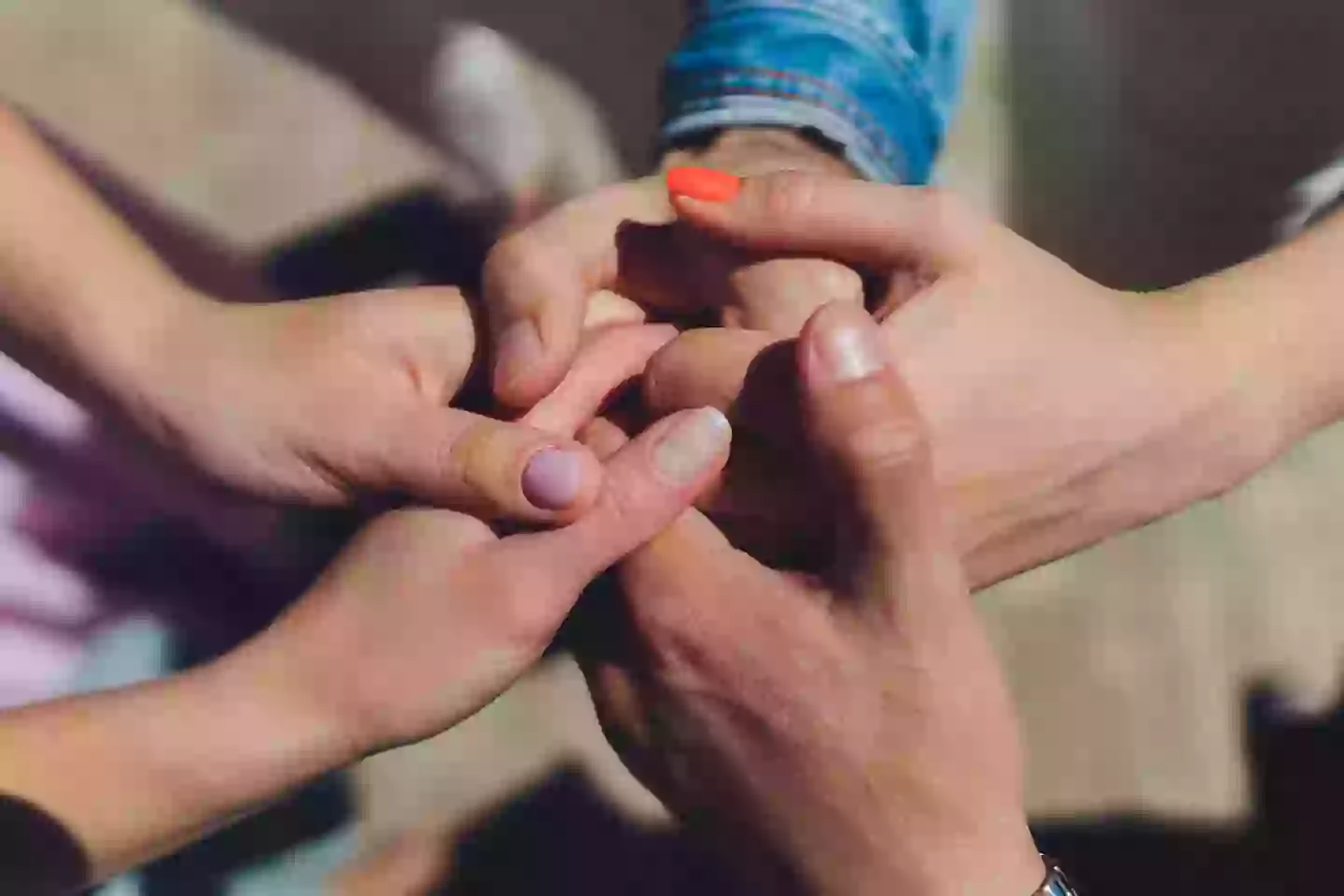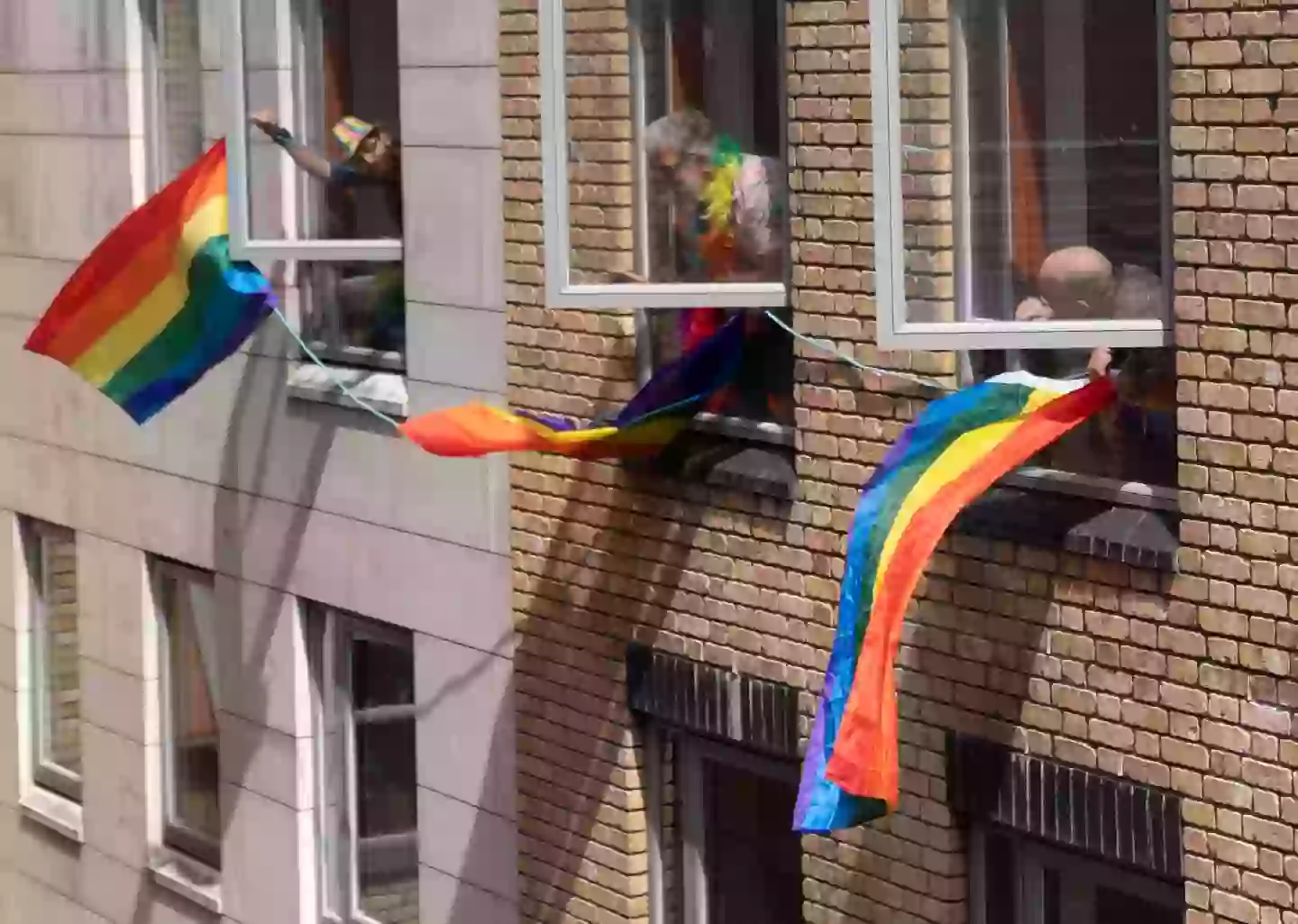A fresh concept in the dating world, known as ‘relationship anarchy,’ has surfaced, offering a potential remedy for loneliness but also raising some concerns.
Navigating the current dating scene can be challenging. With numerous apps promising romantic connections (or multiple, if that’s your thing), the constant swiping left and right often leads to more frustration than fulfillment. The fast-paced and game-like nature of online dating, filled with fleeting conversations and the endless cycle of matching and unmatching, can take a toll on mental health and self-esteem.
It’s no surprise, then, that the U.S. is grappling with what Surgeon General Vivek Murthy refers to as a ‘loneliness epidemic.’ Recent polls indicate that young men aged 15 to 34 are particularly affected, making them the most isolated demographic in the Western world.

Conversely, women are increasingly ‘quiet-quitting’ relationships, overwhelmed by the emotional demands of their partners.
Amidst this dilemma, Gen Z appears to be challenging traditional dating norms with ‘relationship anarchy.’ This new trend, conceived by writer and activist Andie Nordgren, encourages viewing all relationships as equally significant and unique, allowing for the possibility of loving more than one person simultaneously.
Under ‘relationship anarchy,’ relationships are liberated from societal conventions and expectations—like the pressure to ‘define’ new romantic connections.

In this framework, there are effectively no rules. Individuals and their partners decide how to navigate their relationships. Nordgren, in her manifesto titled The Short Instructional Manifesto for Relationship Anarchy, delineates nine principles that challenge traditional monogamous norms.
“You have the capacity to love more than one person, and one relationship and the love felt for that person does not diminish love felt for another,” she asserts. “Don’t rank and compare people and relationships — cherish the individual and your connection to them.”

Nordgren emphasizes the importance of respecting others’ independence and self-determination, noting that a history or close bond does not entitle one to control a partner.
Feeld, an app geared towards those with diverse sexual interests and non-monogamous lifestyles, endorses this trend. Its recent ‘State of Dating’ report describes ‘relationship anarchy’ as a bold counter to the loneliness epidemic.
Research from Feeld indicates that approximately 20% of young respondents have engaged in ‘relationship anarchy,’ compared to half of its users. Participants often report feeling less lonely and enjoying deeper, more varied connections as a result.
The trend is notably popular within LGBTQ+ communities.

“Why must romantic relationships sit at the top of our emotional hierarchy? This adherence to tradition burdens romantic love with the impossible task of asking one partner to fulfill all our emotional needs—often at the cost of our broader connections and deeper, personal well-being,” states the report.
While ‘relationship anarchy’ introduces an intriguing shift in dating dynamics, it poses certain challenges, especially for newcomers.
A significant challenge lies in setting boundaries, as Feeld notes in its report: “The path towards non-prescriptive love isn’t without its challenges.”

Those practicing ‘relationship anarchy’ reported a 536% higher difficulty in negotiating boundaries compared to other relationships. Those not involved in it were 46% more likely to find conflict resolution easier.

